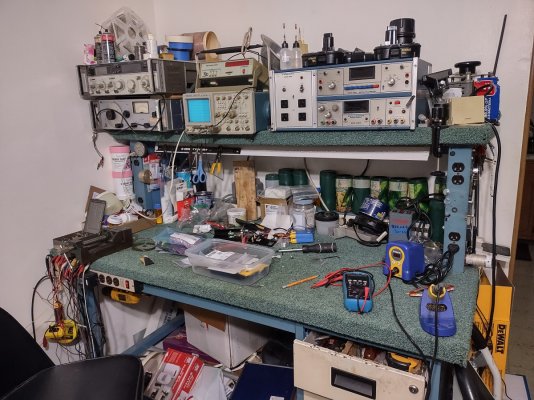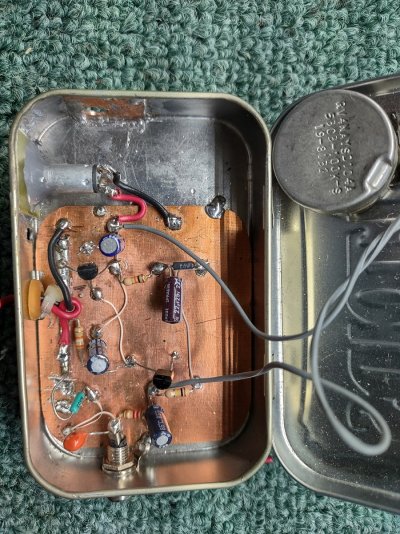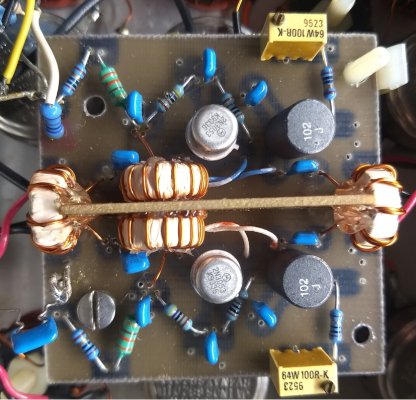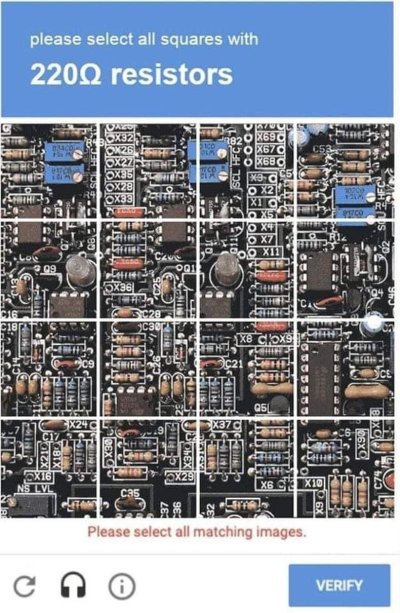Vincenzo Corleone
Full time employment: Posting here.
- Joined
- Jul 20, 2005
- Messages
- 617
When I was a kid, I used to take broken electronic things apart and mess around with the electronics on the PCB. I learned to solder and to use a de-soldering wick to remove components from the board and then solder them back. I learned how to identify the various electronic components. I don't recall doing anything sophisticated, just learned stuff here and there.
Anyway - I thought it would be neat if, instead of replacing various electronic devices that break, I could just identify the bad electronic component(s), swap out a bad capacitor or transistor, and fix the problem. I'm pretty good with solder and a soldering gun. At the moment, I have an alarm clock, the display on which doesn't work that I'd love to be able to fix.
If I'm not mistaken, in order to identify bad components, I'd need a multimeter. Is that right? I never used one before but have seen YouTube videos and it doesn't look like rocket science. Any multimeter recommendations? Anything else I need to be aware of if I want to pursue this?
Anyway - I thought it would be neat if, instead of replacing various electronic devices that break, I could just identify the bad electronic component(s), swap out a bad capacitor or transistor, and fix the problem. I'm pretty good with solder and a soldering gun. At the moment, I have an alarm clock, the display on which doesn't work that I'd love to be able to fix.
If I'm not mistaken, in order to identify bad components, I'd need a multimeter. Is that right? I never used one before but have seen YouTube videos and it doesn't look like rocket science. Any multimeter recommendations? Anything else I need to be aware of if I want to pursue this?

 Do not buy cheap tools!
Do not buy cheap tools!



 Thought it would last forever
Thought it would last forever